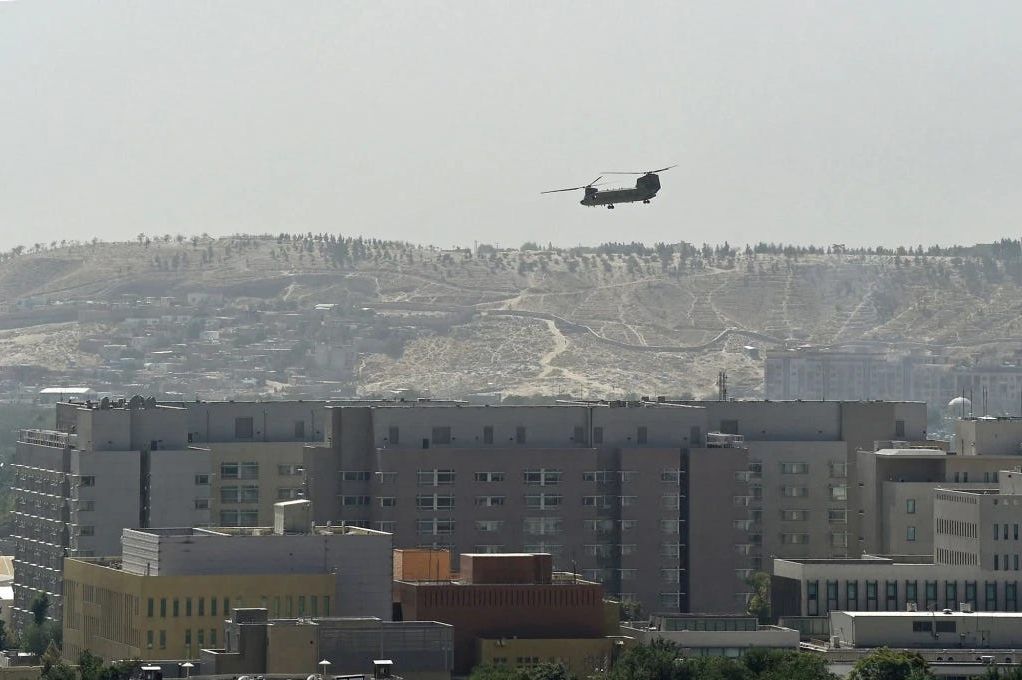Two years ago this month, the Afghan capital city of Kabul fell to the Taliban, nearly twenty years after United States forces ousted them following the 9/11 terror attacks. Thirteen American servicemen and women were killed by a suicide bomber during the chaotic evacuation, and that tragedy was compounded when a retaliatory drone strike killed ten innocent people rather than the terrorists responsible.
It was an ignoble end to an adventure that started with such passion and promise. In the wake of the 9/11 terror attacks that killed 3,000 people, Americans were united in their desire to, as Toby Keith sang, “put a boot in [the] ass” of those who had attacked us. President George W. Bush assembled a coalition of allies and Afghan rebels who quickly toppled the Taliban and occupied the major cities. Osama bin Laden, the Saudi terrorist who was accused of masterminding the attacks, fled into the Tora Bora mountains.
Had US forces captured bin Laden in December 2001 and then withdrew to allow the Afghans to rebuild their own country, it might have gone down as another massive US victory, similar to the first Gulf War. Alas. Bin Laden escaped, the mission of our troops changed to a vague idea of nation building, and the Bush Administration had already begun drawing up plans to invade Iraq, leaving Afghanistan on the back burner.
They call Afghanistan the Graveyard of Empires. Alexander’s empire shattered after he crossed the Hindu Kush; the British Empire lasted only a few years after their Third Afghan War; and the Soviet Union dissolved a mere two years after they withdrew from Afghanistan in 1989. Will the United States break the streak, or will we too fall to the inexorable forces of history?










Cars made travel easy, perhaps too easy. Technology is used in an attempt to fill the void made when people move 100 miles away from their own cousins…
It’s so easy to waste blood and wealth on an unnecessary war when you can finance the war with funny money, not gold…